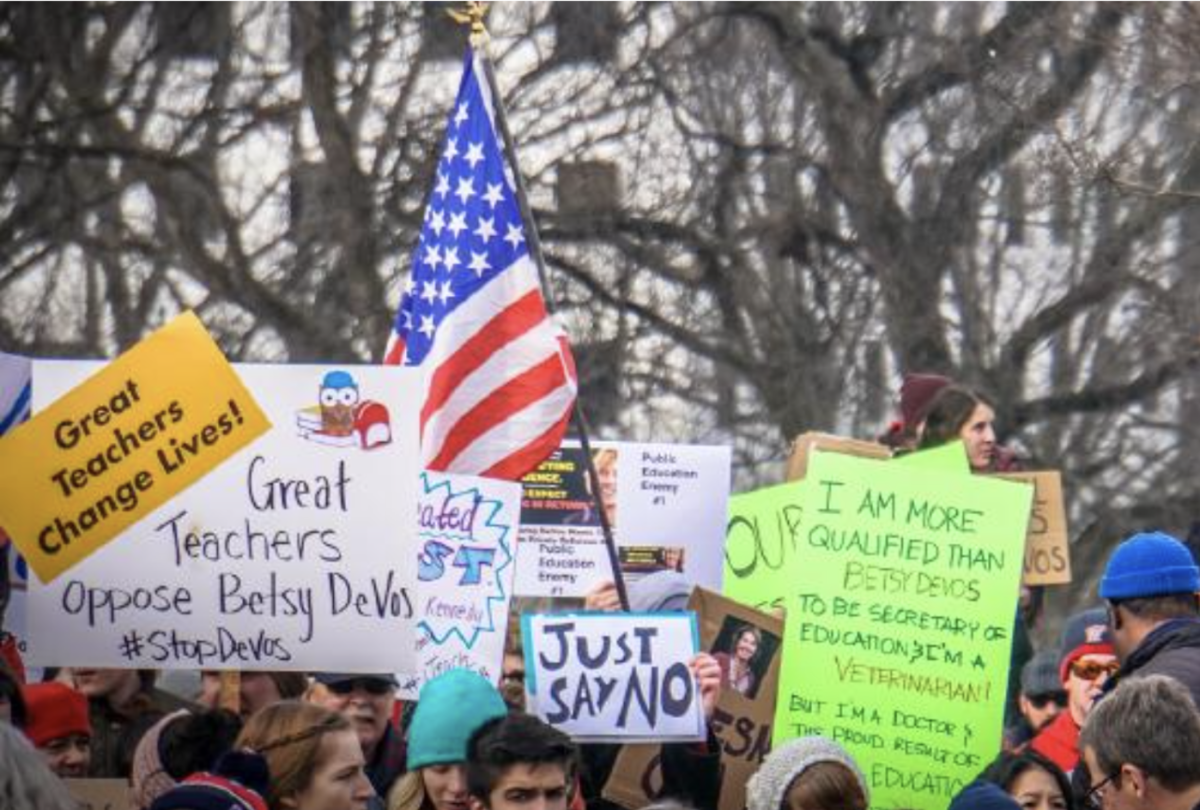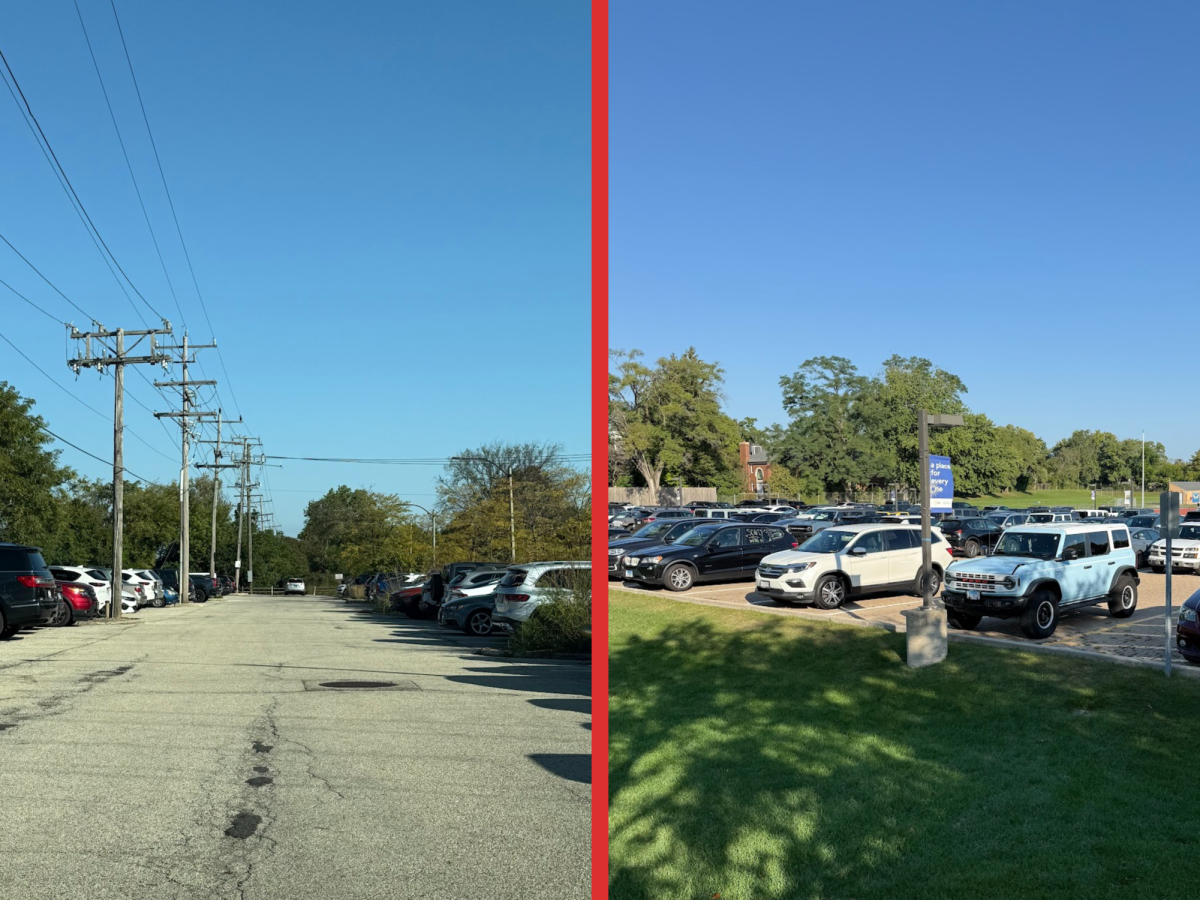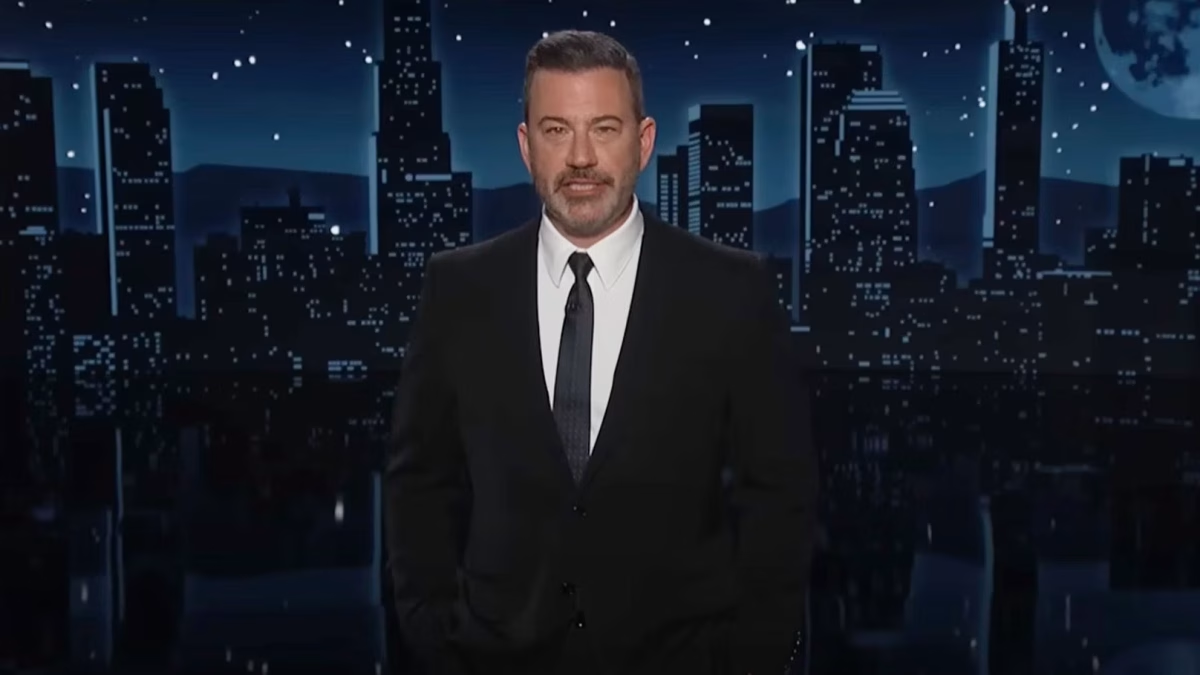With the 2024 election coming up in a mere month, conversations about the candidates, and voicing one’s political opinions are becoming increasingly popular.
With some seniors being first time voters, it’s inevitable the election will be an issue that many will discuss. With this polarizing time, how should schools handle politics in the classroom? There are multiple ways they can be discussed, but there should be boundaries as well.
When learning about history, including politics is essential for a student’s education and should be taught at any time.
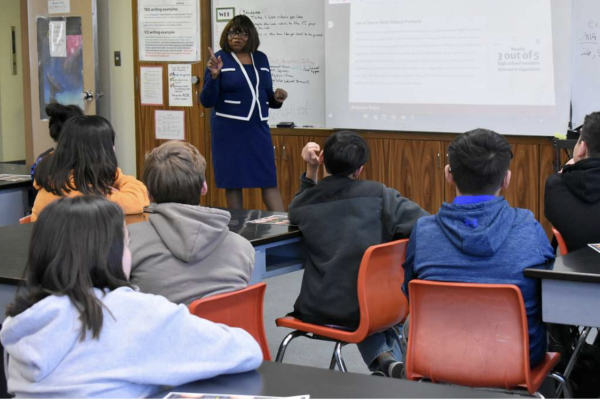
At Lake Forest High School, there are many history-based courses. Considering all juniors must take a U.S. history course to graduate, politics naturally come up. When I started my United States history class my junior year, I didn’t have a clear understanding of our country’s political history. Throughout the year, my teacher helped me learn about the history of politics, ultimately benefiting my knowledge.
Understanding presidents, their parties, and how our political system works helped to expand my understanding of our country’s politics. It helped shape my beliefs and deepen my understanding. That’s why having a general overview of political history is important for all schools, and it is essential for students’ overall education.
General education about politics is also crucial. Understanding the voting process, branches of government, political parties, amendments, and more are essential for students.
Many come from diverse backgrounds where politics may not be discussed at home, leaving a significant number — especially first-time voters — without prior knowledge. How can they make informed decisions if they are unaware of what is happening in our country? Numerous comments on TikTok and other social media platforms have revealed that young voters often feel conflicted about who to support and show their lack of access to essential information.
According to the Center for Information & Research on Civic Learning and Engagement (CIRCLE), 57% of youth say they’re ‘extremely likely’ to vote in 2024. This highlights a concerning reality: 43% of young voters remain uncertain about participating in the vote due to a lack of knowledge on the topic. This is something that should and can be avoided with proper education.
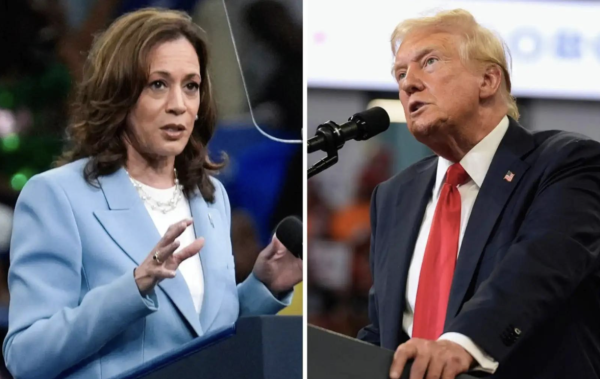
Fair Use – Photo Courtesy of FMT
Teachers should help students understand the current election and its impact. Discussing elections can boost awareness and engage students with its importance. However, it’s important to approach this carefully. Educators should always keep a neutral stance and stick to the facts, expressing political opinions in school is unnecessary and unprofessional.
Schools play a vital role in preparing students for life with politics, especially as the 2024 election approaches. By teaching political history, providing essential information about the political system, and discussing current elections in a neutral way, educators can aid students to engage thoughtfully in the political environment.
It’s essential that schools have an environment where students feel equipped in their knowledge about politics so they can therefore use it now and in their further education.

